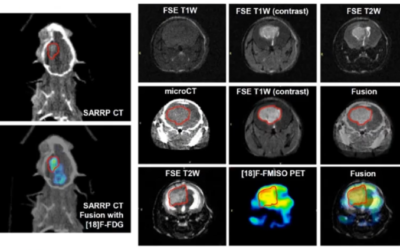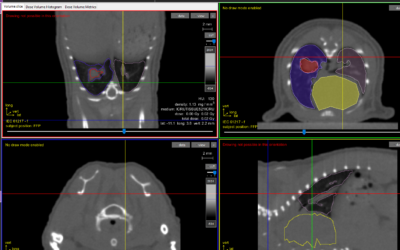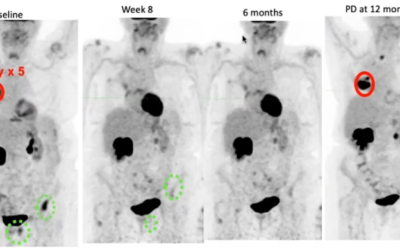As our understanding of the molecular pathways driving tumorigenesis improves and more druggable targets are identified, we have witnessed a concomitant increase in the development and production of novel molecularly targeted agents. Radiotherapy is commonly used in the treatment of various malignancies with a prominent role in the care of prostate cancer patients, and efforts to improve the therapeutic ratio of radiation by technologic and pharmacologic means have led to important advances in cancer care. One promising approach is to combine molecularly targeted systemic agents with radiotherapy to improve tumor response rates and likelihood of durable control. This review first explores the limitations of preclinical studies as well as barriers to successful implementation of clinical trials with radiosensitizers. Special considerations related to and recommendations for the design of preclinical studies and clinical trials involving molecularly targeted agents combined with radiotherapy are provided. We then apply these concepts by reviewing a representative set of targeted therapies that show promise as radiosensitizers in the treatment of prostate cancer.
Alcorn S, Walker AJ, Gandhi N, Narang A, Wild AT, Hales RK, Herman JM, Song DY, Deweese TL, Antonarakis ES & Tran PT.
Download Paper
SARRP Research Spotlight: Dr. George Wilson
George Wilson, PhD, Chief, Radiation Biology, William Beaumont Hospital Radiation Biology focuses on translational research in the areas of new treatments, combined modalities, and stem cell biology. The group has a heavy emphasis on incorporating molecular,...






